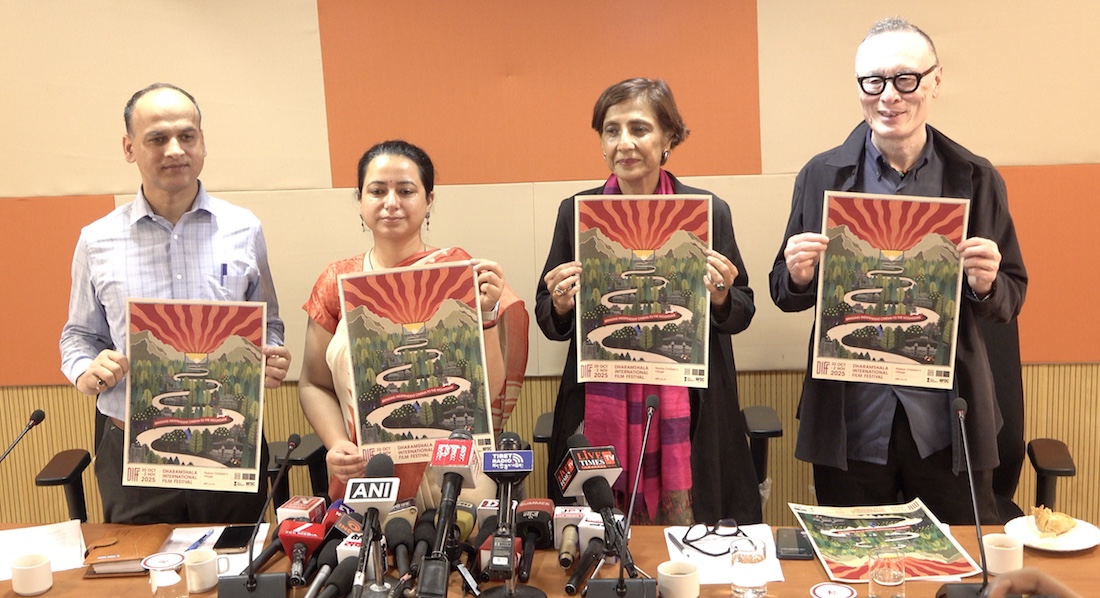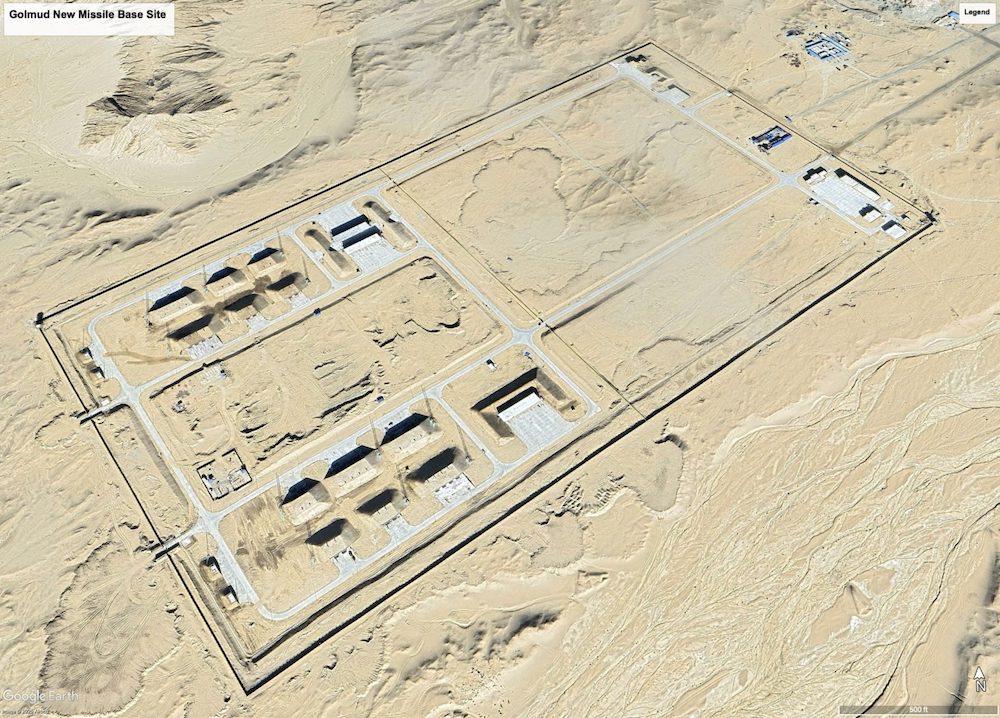 A new report by ICT, Dangerous Crossing, reveals that dangers for Tibetans escaping from Tibet into exile through Nepal, and those resident in Nepal, intensified in 2005 as Beijing increased its influence on the Himalayan kingdom and King Gyanendra seized power from a failing government. The risks for Tibetans fleeing persecution in Tibet increased dramatically in 2005 with the notice to close the office of the Dalai Lama’s representative in Kathmandu and the Tibetan Refugee Welfare Office, both critical for the security and welfare of Tibetan exiles in Nepal, according to the report, which is released today on World Refugee Day.
A new report by ICT, Dangerous Crossing, reveals that dangers for Tibetans escaping from Tibet into exile through Nepal, and those resident in Nepal, intensified in 2005 as Beijing increased its influence on the Himalayan kingdom and King Gyanendra seized power from a failing government. The risks for Tibetans fleeing persecution in Tibet increased dramatically in 2005 with the notice to close the office of the Dalai Lama’s representative in Kathmandu and the Tibetan Refugee Welfare Office, both critical for the security and welfare of Tibetan exiles in Nepal, according to the report, which is released today on World Refugee Day.
Dangerous Crossing, which is based on interviews in the field in Nepal and India and monitoring of the socio-economic and political situation in Tibet, reports further incidents of forced repatriation or refoulement (the return of persons to a country where they fear persecution) of Tibetans in 2005, particularly from the border areas of Nepal, and abuse and harassment of Tibetans arriving in Nepal by Nepalese police and armed forces, including theft and beatings. Towards the end of 2005, it became apparent that Nepalese police were showing less restraint in capturing and detaining Tibetans moving through Nepal.
Dangerous Crossing, which is available from ICT’s website here, concludes that Beijing has taken advantage of the turmoil created by the insurgency and conflicts within the Nepalese government to exert an increasing political influence on Nepal. Tibetans leaving Tibet and those resident in Nepal have been increasingly at risk since the seizure of power by King Gyenandra, who is known to be close to Beijing, in Nepal in February, and their situation is in the context of a civil war in Nepal that has claimed more than 13,000 lives.
Under the so-called “Gentleman’s Agreement”, Nepal allows the United Nations High Commissioner for Refugees to facilitate the transit of approximately 2,500 Tibetans a year who flee from Tibet into India. This agreement states that the Nepalese police should escort Tibetan new arrivals to Kathmandu for processing by the office of the United Nations High Commissioner for Refugees. But the unsettled and dangerous situation created by the clash of Maoist forces and factions of the Nepalese army and police have sometimes kept border police close to their stations – making the scenario of turning over Tibetans to Chinese border guards a more convenient option. Chinese border guards have cultivated cooperative relationships with Nepalese border police in order to facilitate the return of Tibetans.
 More than a third of the new arrivals in 2005 were children, who have often been sent into exile by their parents who feel that it is their only chance for an education or a better life. Most of the adult Tibetans who arrive in Nepal are monks and nuns, seeking a religious education that is not possible in Tibet due to the restrictions imposed by the Chinese state. Others leave because they have been unable to find work due to competition from Chinese migrants, or have been relocated from their land to make way for development projects and urbanization in Tibetan areas under China’s campaign to develop the Western regions of the People’s Republic of China, including Tibet. Many Tibetans leave Tibet with the aim of simply seeing their spiritual leader the Dalai Lama for the first time.
More than a third of the new arrivals in 2005 were children, who have often been sent into exile by their parents who feel that it is their only chance for an education or a better life. Most of the adult Tibetans who arrive in Nepal are monks and nuns, seeking a religious education that is not possible in Tibet due to the restrictions imposed by the Chinese state. Others leave because they have been unable to find work due to competition from Chinese migrants, or have been relocated from their land to make way for development projects and urbanization in Tibetan areas under China’s campaign to develop the Western regions of the People’s Republic of China, including Tibet. Many Tibetans leave Tibet with the aim of simply seeing their spiritual leader the Dalai Lama for the first time.
The complex and insecure situation for Tibetans in Nepal, both those resident in Nepal and those in transit, is in a context of continued conflict in the kingdom, which is one of the poorest and least developed countries in the world.
ICT will continue to monitor developments affecting Tibetan refugees in Nepal this year; in April, prospects for peace rose after weeks of street protests forced King Gyanendra to surrender most of his power and reinstate parliament. In the past few days, Nepal’s government has agreed to dissolve parliament and form a temporary coalition with Maoist rebels who have been waging an insurgency in the Himalayan kingdom for the past decade.
Details of World Refugee Day: http://www.unhcr.org/cgi-bin/texis/vtx/home
You can find this report as a PDF document here.









